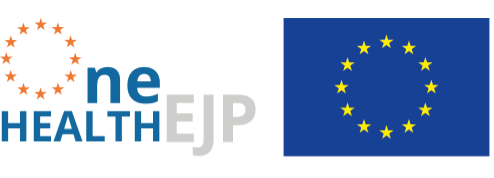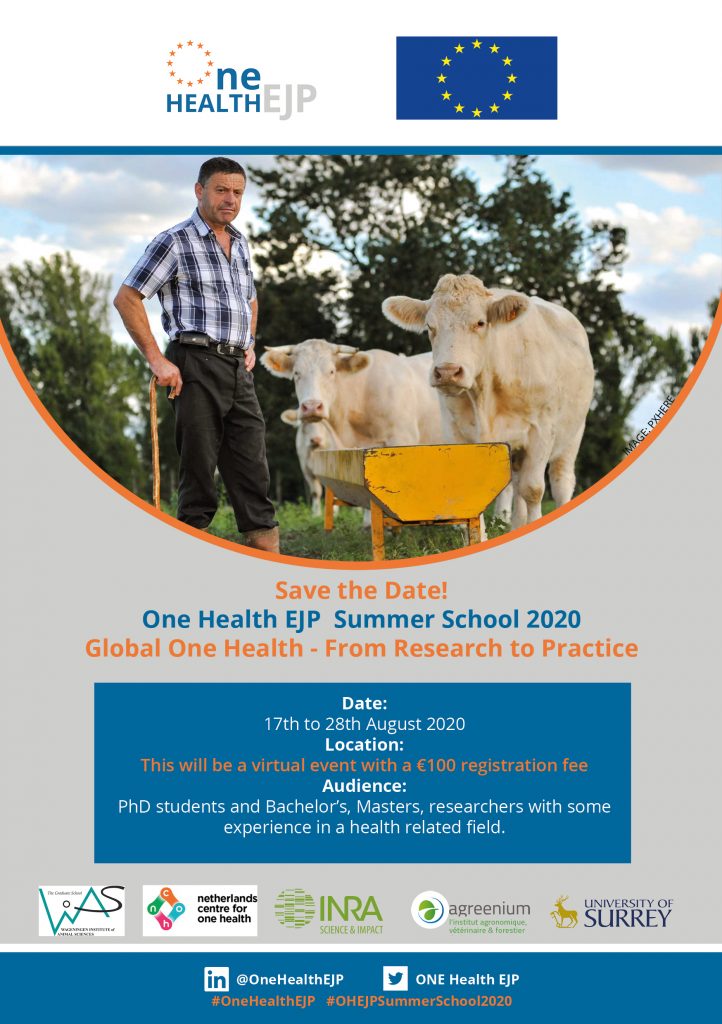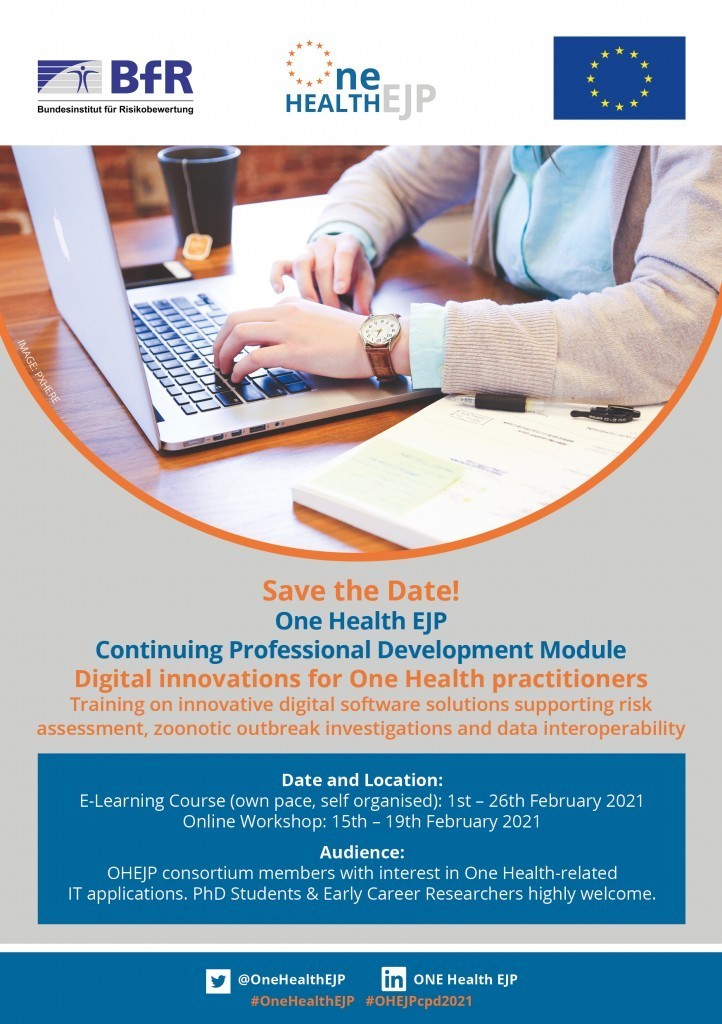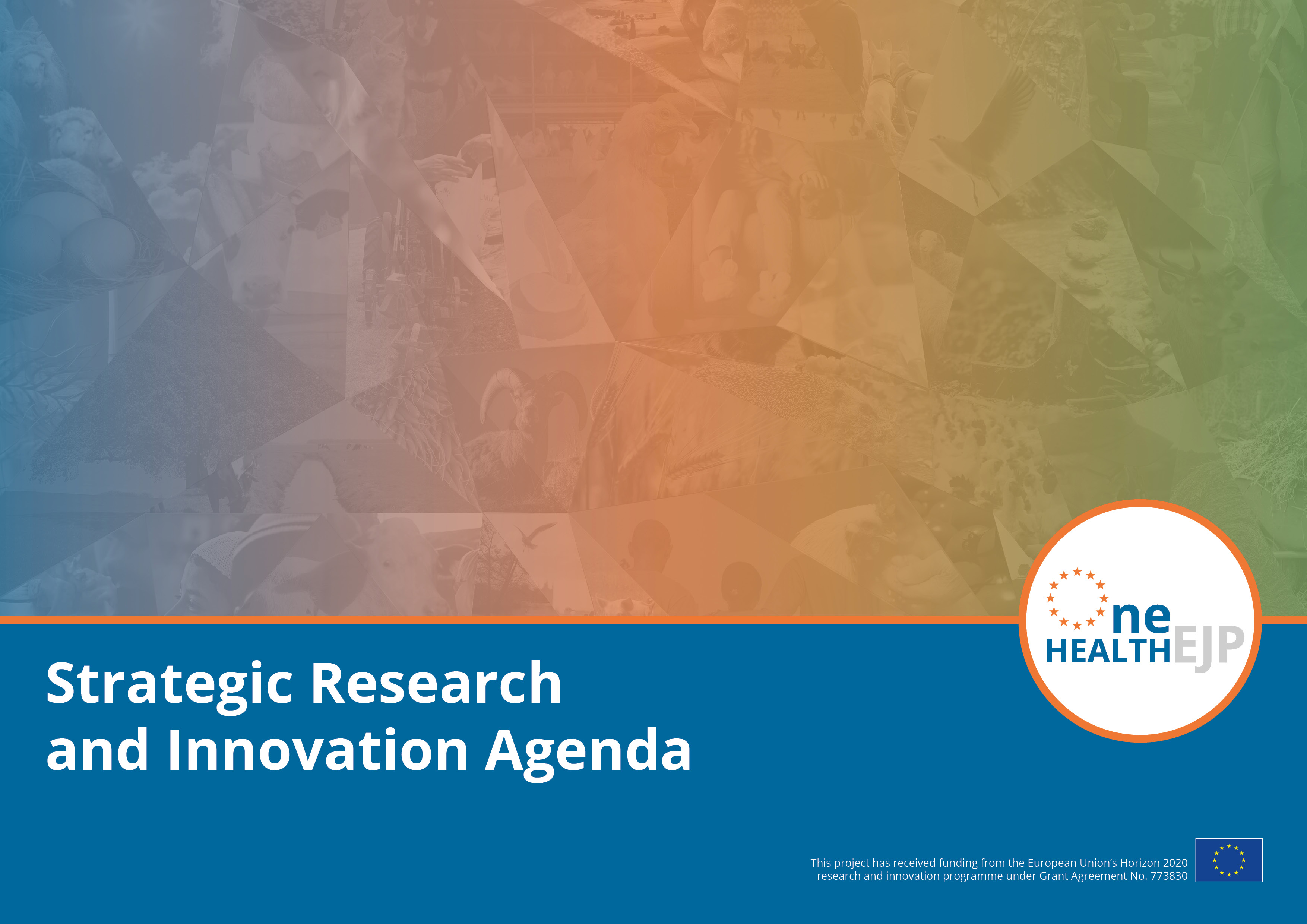BIOPIGEE workshop shared biosecurity measures in pig production
Since 2020, the BIOPIGEE project (Biosecurity practices for pig farming across Europe) has conducted collaborative research to identify the most effective biosecurity practices that limit the occurrence of Salmonella and Hepatitis E Virus (HEV) in pig production (on farms and at slaughterhouses) across Europe. Both these pathogens present important zoonotic infection risks to humans consuming contaminated products or in contact with pigs due to their occupations, including farmers, veterinarians, and abattoir staff. Additionally, Salmonella and HEV cause infections in pigs. Salmonella can cause diseases of varied severity in pigs, from subclinical to death, and may lead to production losses. HEV in pigs is mostly asymptomatic leading to difficulties in detection and awareness. BIOPIGEE’s work to develop biosecurity protocols and measures is important for reducing these pathogen loads along the food chain from the source, beneficial for both animal and public health.
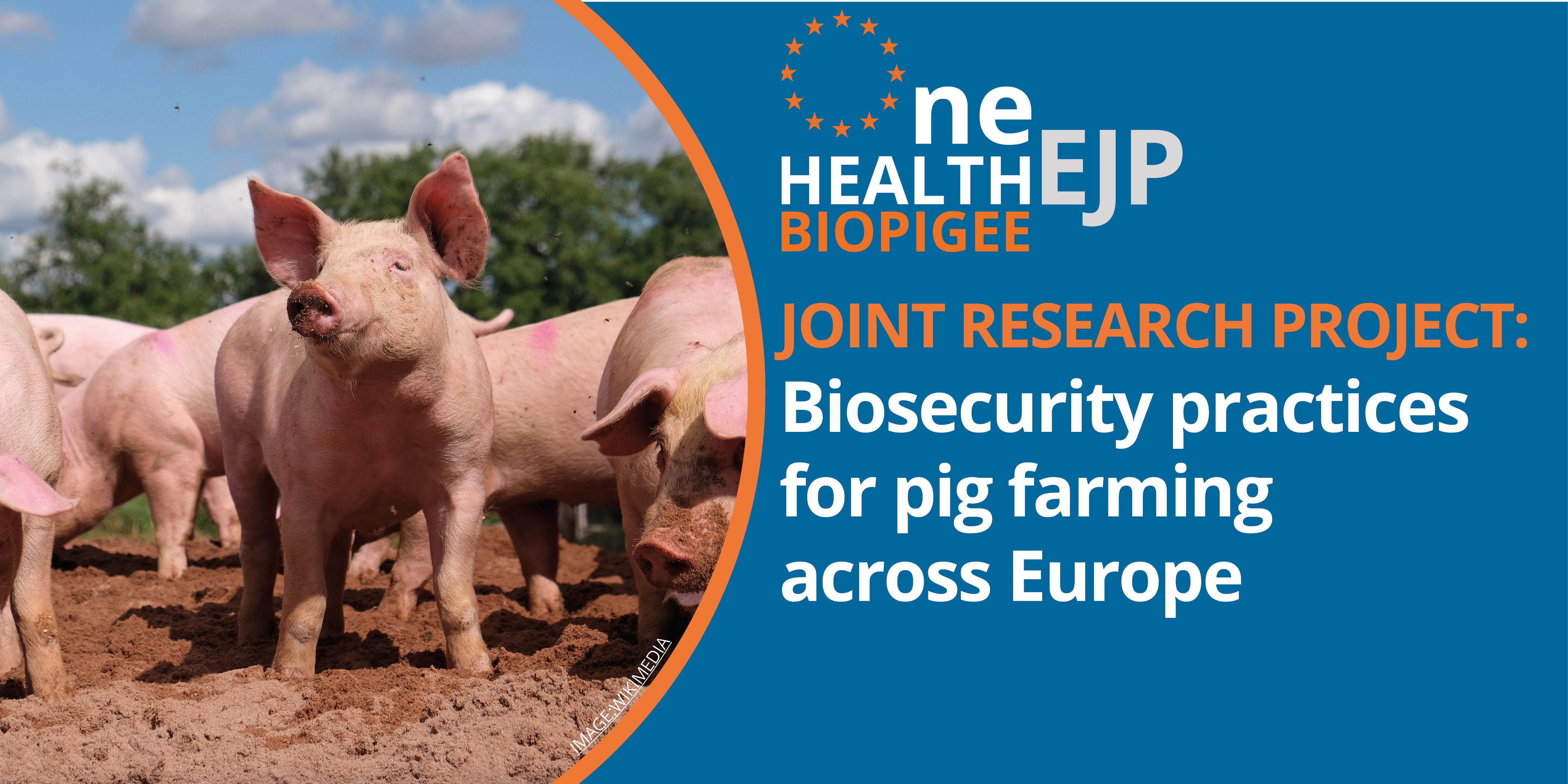
An online BIOPIGEE Workshop on “Biosecurity measures to control Salmonella and HEV along the pig production chain in Europe” was held on 14th September 2022 to share the project’s findings prior to completion. The German Federal Institute for Risk Assessment (BfR) hosted the event that was open to both OHEJP members and external professionals interested in biosecurity. A variety of speakers from BfR (Germany), Animal and Plant Health Agency (UK), Veterinary Research Institute (Czech Republic), University of Utrecht (the Netherlands) and University of Veterinary Medicine in Vienna (Austria) shared their knowledge of BIOPIGEE project key outputs. These included study results from a meta-analysis and literature review, observational and field studies, and expert opinions. Presentations focused on effective and cost-efficient biosecurity measures, followed by interactive participant discussions on the implementation of best practices.
The workshop successfully brought together 150 participants from over ten European countries and further afield – Africa, India, USA, Canada, Brazil, and the Middle East. Audience members came from research institutes, animal health services, agricultural sectors (including pig production), human and animal food safety sectors, and private companies and all had the opportunity to share their experiences.
Key messages from the event included:
- Farmers want to take responsibility and are interested in effective measures to control zoonotic pathogens on pig farms.
- Farmers need clear guidance and instructions on what biosecurity measures to use and how to apply them.
- The scientific community should provide relevant information to the agricultural community via communication channels that this group regularly uses.
- Better communication and engagement with the non-scientific community is required, by having scientific results published on a national level, in the respective language of the country.
The good engagement by workshop participants and their positive feedback on BIOPIGEE’s work highlights interest in the topic of biosecurity and pathogen control on pig farms. Our congratulations to BIOPIGEE members for sharing their 3 years of research at this well-received event.
Read more details about this BIOPIGEE workshop.
